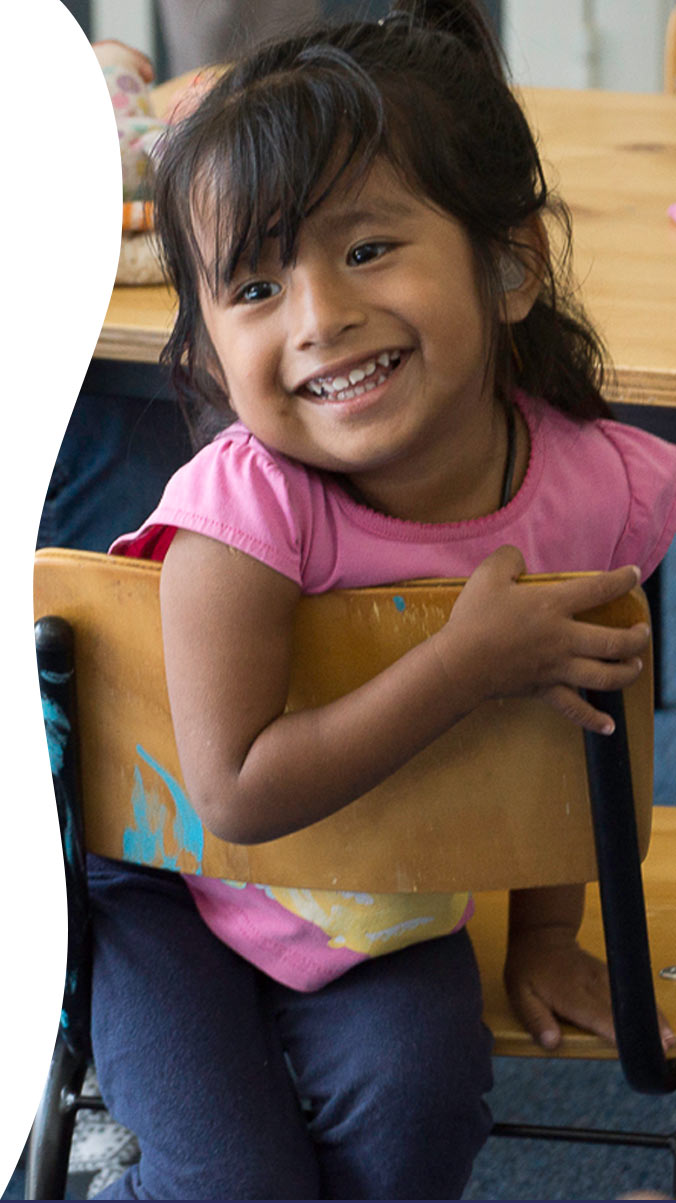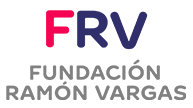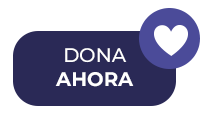What do we do?
We are a non-profit organization. Our main goal is to improve the quality of life of disabled children and youngsters who live in marginalized areas. In order to achieve this goal, we work on the application of community based rehabilitation programs.
In 2000, tenor Ramón Vargas and his wife, Amalia, decided to start a foundation to celebrate the memory of their son Eduardo, who lived with cerebral palsy and died at the early age of six.
After their great loss, the only thing that comforted them was to know that their son had received all the attention and love that he needed, participating joyfully in all the activities of his family.
In creating this foundation, the goal of the Vargas family and their closest friends, was to offer children with disabilities a life of acceptance and inclusion to develop their capabilities.
After working fifteen years under the name: Eduardo Vargas Memorial Fund, today, our organization assum itself as Ramón Vargas Foundation as a way to publicly affirm Ramón Vargas commitment with the disabled kids of our country.
Currently we support several organizations that work in marginalized areas of some states of Mexico. We accomplish this through: accompaniment, training, and economical support for specific projects. Thus, we promote integral attention models designed to achieve a culture of inclusion. We aim to strengthen not only the children with disabilities, but their families, teachers and other members within their communities.
MISSION
To contribute in the family and social inclusion of children with disabilities and youngsters who live in marginalized areas, providing help through community attention models.
VISION
To be a point of reference and connection among organizations that work with children with disabilities and youngsters who live in marginalized areas. As well as to be active promoters of integral and inclusive models for community rehabilitation programs in our country.
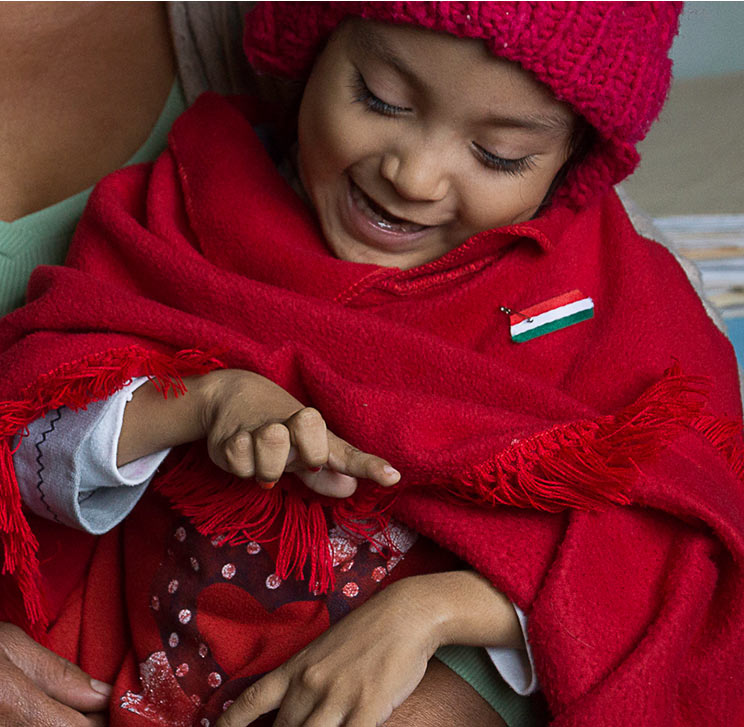

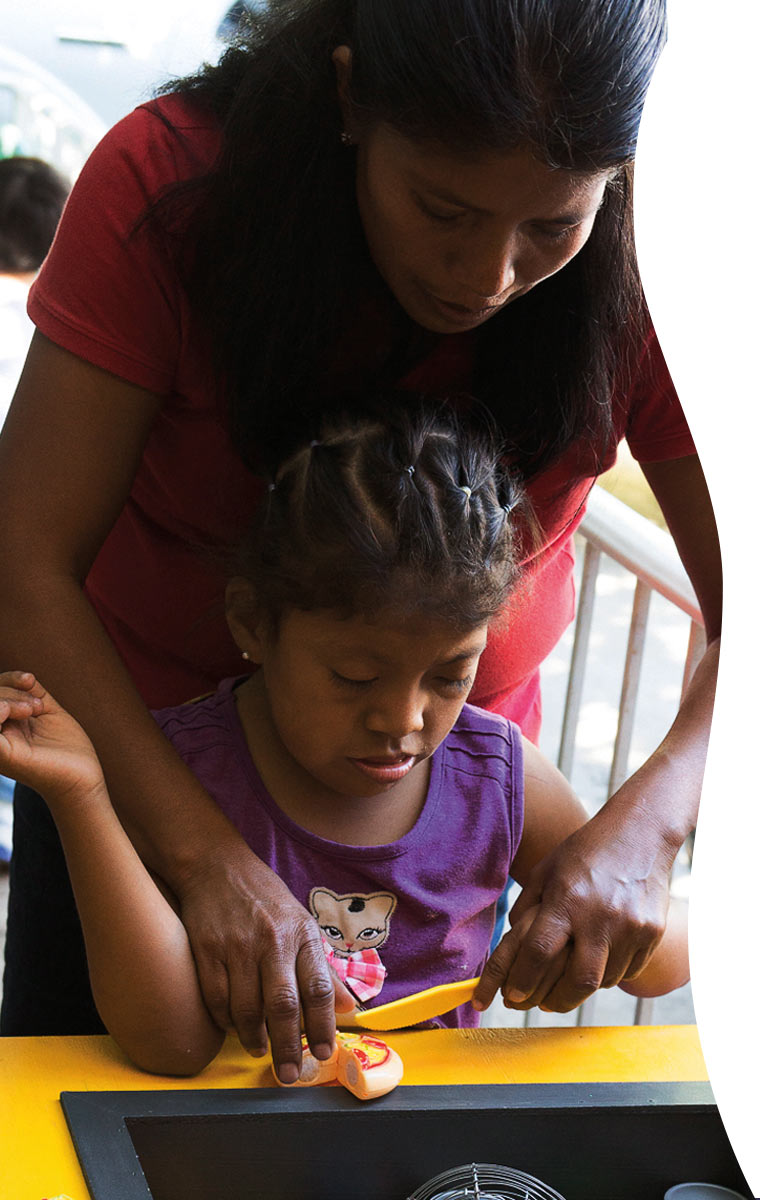
¿Who do we work with?
Our relationship with the organizations
Ramón Vargas foundation offers economical support, consultancy and follow up to the organizations that provide direct and integral attention to disabled children and youngsters who live in marginalized and rural areas of Mexico.
These organizations not only work with children and youngsters, they also offer support and training to families, help social promoters, doctors, teachers and members of the communities they look after.
Social organizations, as part of their institutional strength, have achieved:
- Clear definition of their own projects
- Full command of their systems and methodologies
- High quality and integral attention
- A common approach: community based rehabilitation
Organizations that we have supported

Projects
- Mexico City
- Hidalgo
- Oaxaca
- Chiapas
- State of Mexico
- Queretaro
- Michoacan
- Sinaloa
- Puebla
- Guadalajara
Association in Favor of People with Cerebral Palsy (APAC)
- Mexico City
- Supported from 2007 to 2011
- +525 children benefited
- The project is unique because… the workshops designed by the plastic artist Carmina Hernández, which are imparted in rural communities, in order to encourage the acceptance of both individual and group differences, to build new, more inclusive paradigms.
Common Space of the Different
- Mexico City
- +325 children benefited
- The project is unique because… the workshops designed by the plastic artist Carmina Hernández, which are imparted in rural communities, in order to encourage the acceptance of both individual and group differences, to build new, more inclusive paradigms.
El Arca de México
- El Arca de México permanently welcomes adult men and women with intellectual disabilities, who have been abandoned. Promoting integration and respect that achieves a more just, supportive, and humane society for the most vulnerable people.
Association of People with Multiple Disabilities (APCDM)
- Zapotlán, Hidalgo
- Supported in 2011
- +35 children benefited
- The project is inspired by the APAC model, although the coordinators are not mothers, but a close relative of the people with disabilities who decided to train as comprehensive therapists.
CAI. Piña Plamera. AC
- Pochutla, Oaxaca
- Supported since 2001
- +440 children benefited
- The project is unique because it has a complete and community work model, which has earned recognition as a cutting-edge organization in implementing the “Community-Based Rehabilitation” strategy in Latin America.
Centro Oaxaqueño de Rehabilitación de Audición y Lenguaje, AC (CORAL), (Oaxacan Center for Hearing and Language Rehabilitation)
- Oaxaca, Oaxaca
- Supported since 2011
- +150 children benefited
- The project is unique because it is one of the few institutions in the region to offer detection, clinical diagnosis, and habilitation of hearing problems. From 2006 to 2014 has covered more than a thousand locations.
Quiegolani
- It’s objective is to dedicate itself to discovering the gifts of people with intellectual disabilities through the mutual relationships of coexistence that foster a community environment. and inspire values.
Centro de Capacitación, Asesoría, Medio Ambiente y Defensa del Derecho a la Salud, AC (CAMADDS), (Center for Training, Consulting, Environment and Defense of the Right to Health)
- San Cristóbal de las Casas, Chiapas
- Supported since 2002
- +120 children benefited
- The project is unique because its work plan integrates people with disabilities and their families, for which it becomes a community development strategy.
Centro Pedagógico y de Rehabilitación de Cuautitlán Izcalli, AC (CEPER), (Pedagogical and Rehabilitation Center of Cuautitlán Izcalli)
- Cuautitlan Izcalli, State of Mexico
- Supported in 2012
- +40 children benefited
- The project is valuable because its coordinators were trained in APAC. Today there is a training project for life and work, which consists of a bakery workshop.
Núcleo Integral de Personas con Capacidades Diferentes, AC (NICADITE), (Comprehensive Nucleus of People with Different Capacities)
- Teoloyucan, State of Mexico
- Supported in 2012
- +35 children benefited
- The project is valuable because it is part of the comprehensive rehabilitation model developed by APAC. Today they work closely with the schools in the area, supporting the inclusion of children with disabilities.
Community Project in Ignacio Zaragoza
- Jilotepec, State of Mexico
- +15 children benefited
- The project is unique because it intends to follow the pattern of Piña Palmera in the construction of a rehabilitation strategy based on and with the community.
Servicios a la Juventud, AC (SERAJ) (Youth Services Organization)
- Puebla, Puebla
- +200 children benefited
- The project is unique because it uses recreation, culture and sports activities. For example, Fucho para Ciegos seeks to create a national indoor soccer league for the blind, and Cine para Imaginar adapts films through audio description, allowing blind people access to visual content.
El Arca
- Queretaro, Queretaro
- Supported since 2007
- +25 children benefited
- The project is unique because it maintains exceptional quality of care, hosts only six or seven people with disabilities, who live accompanied by two or three internal assistants and other volunteers. In 28 countries of the world there are more than 130 L’Arche communities.
Include yourself Including, AC
- Morelia, Michoacan
- Supported from 2009 to 2011
- +80 children benefited
- The project is unique because the initiator of the project researched and decided that the key place to modify the social vision of people with disabilities is the church. It based the decision on the enormous social weight that stigmas have generated in traditional visions linked to religious aspects.
Programa de Rehabilitación organizado por Jóvenes Incapacitados de México Occidental, AC, (PROJIMO), (Rehabilitation Program organized by Disabled Youth of Mexico Occidental)
- Supported since 2001
- Coyotitan, Sinaloa
- +120 children benefited
- The project is unique because people with disabilities themselves provide the care and services, as well as making products for other people with disability (orthopedic equipment, prosthetics and other technical aids).
Masválidos
- Culiacán, Sinaloa
- Supported from 2002 to 2010
- +650 children benefited
- The project is unique because it works in suburban, rural, and agricultural fields; where children with disabilities who are children of migrant day laborers, mostly of them indigenous, are cared for.
Cárdenas Foundation
- Contribuye a mejorar la calidad de vida de jornaleros y sus familias en campos agrícolas en Villa Juárez, Navolato Se enfoca en mejorar las condiciones en estas áreas principalmente: salud, educación, cultura, recreación, cuidado del medio ambiente y desarrollo de la Familia, con el apoyo de aliados y beneficiarios de la comunidad.
Fucho para ciegos (Fucho for the blind)
- Puebla, Puebla
- +200 children benefited
- The project is unique because… it uses recreation, culture and sports activities. For example, Fucho para Ciegos seeks to create a national indoor soccer league for the blind, and Cine para Imaginar (Cinema for Imagine) adapts films through audio description, allowing blind people access to visual content.
Don Bosco Sobre Ruedas (Don Bosco on Wheels)
- Guadalajara Jalisco
- +200 children benefited
- This project is unique because it aims to promote, protect and ensure the quality of life of people with motor disabilities, who have the intention of improving themselves and yet do not know how to start. The project helps them understand that they are not doomed to prostration and isolation, but can achieve autonomy and help others.
Disability and Community Network
(REDISCOMU)
Integrated by organizations that carry out disability community attention and by activist leaders that support the rights of the disabled. Their purpose is to bring together, combine and capitalize the efforts of each organization to strengthen their work and make it more productive. They promote a culture of acceptance to diversity that have an impact on public politics so that they protect the rights of the disabled.
Ramón Vargas Foundation supports part of the work of the organizations as well as with the Disability and Community Network.
